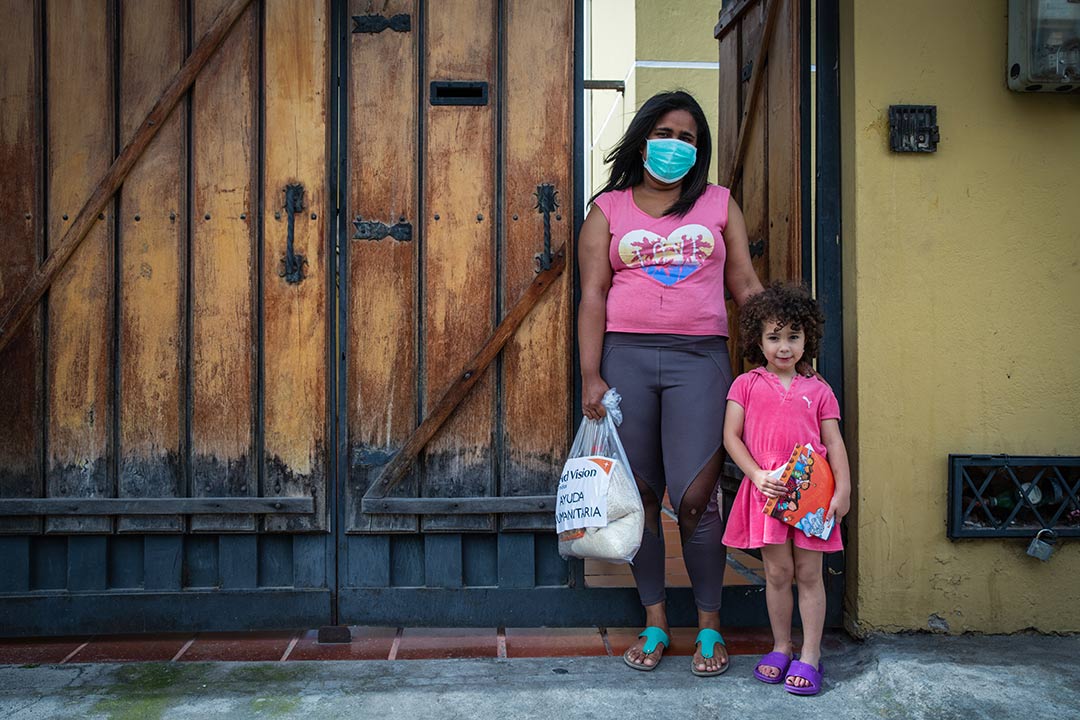As families’ incomes plummet, millions of children go hungry, forced to work or beg
Media Contact :
July 7, 2020
Senior Public Relations Manager
[email protected]
m 404-735-0871
Media Contact :
July 7, 2020
Senior Public Relations Manager
[email protected]
m 404-735-0871

SEATTLE (July 7, 2020) — A report released today by Christian humanitarian organization World Vision said as many as eight million children in Asia alone could be exposed to harm through begging, child labor, and child marriage because parents cannot afford to buy enough food.1
Out of Time warned that global predictions of increased child hunger, violence, and poverty due to the economic impact of COVID-19 are already starting to come true with an estimated 85 million families across Asia with little or no food stocks and 110 million children going hungry.1
“Our rapid assessments in countries across Latin America, Sub-Saharan Africa, and Asia show that it’s clear we are on the cusp of a catastrophe for children,” explained Norbert Hsu, World Vision’s partnership leader for global impact, “and each assessment confirmed major disruptions in income, in the ability to buy sufficient food, and increases in risks to children as families struggle to cope.
“It is often the most vulnerable families and their children who are hardest hit; those living in fragile countries already suffering from conflict, climate change, instability or displacement, and those who are relying on humanitarian assistance.”
World Vision’s community-level data from 14,000 households in Asia, over 2,400 small business owners in Africa, and more than 360 Venezuelan migrants across Latin America confirms that projections by global agencies about the potential impact of the pandemic are already happening. According to the report, 84 percent of Venezuelan migrants surveyed in Brazil, Bolivia, Chile, Colombia, Ecuador, Peru, and Venezuela reported a significant drop in income.
“More than 80 percent of migrants we spoke to said food was scarce, to the extent that one in three Venezuelan migrant children goes to bed hungry. Our assessment in Africa also saw the majority of respondents, many of whom are women, spending less on healthy food to cope with losing their income,” Hsu added.
Out of Time outlines World Vision’s global call to action to governments, UN agencies, donors, NGOs, and the private sector to act together to scale up child sensitive social protection programs; keep food and market systems going; protect jobs and livelihoods now; and invest in an inclusive, resilient and green economic recovery.
“Without urgent action,” Hsu said, “we risk an increase in extreme poverty and hunger not seen for decades.”
About World Vision:
World Vision is a Christian humanitarian organization conducting relief, development, and advocacy activities in its work with children, families, and their communities in nearly 100 countries to help them reach their full potential by tackling the causes of poverty and injustice. World Vision serves all people regardless of religion, race, ethnicity, or gender. For more information, please visit www.WorldVision.org/media-center/ or on Twitter @WorldVisionUSA.